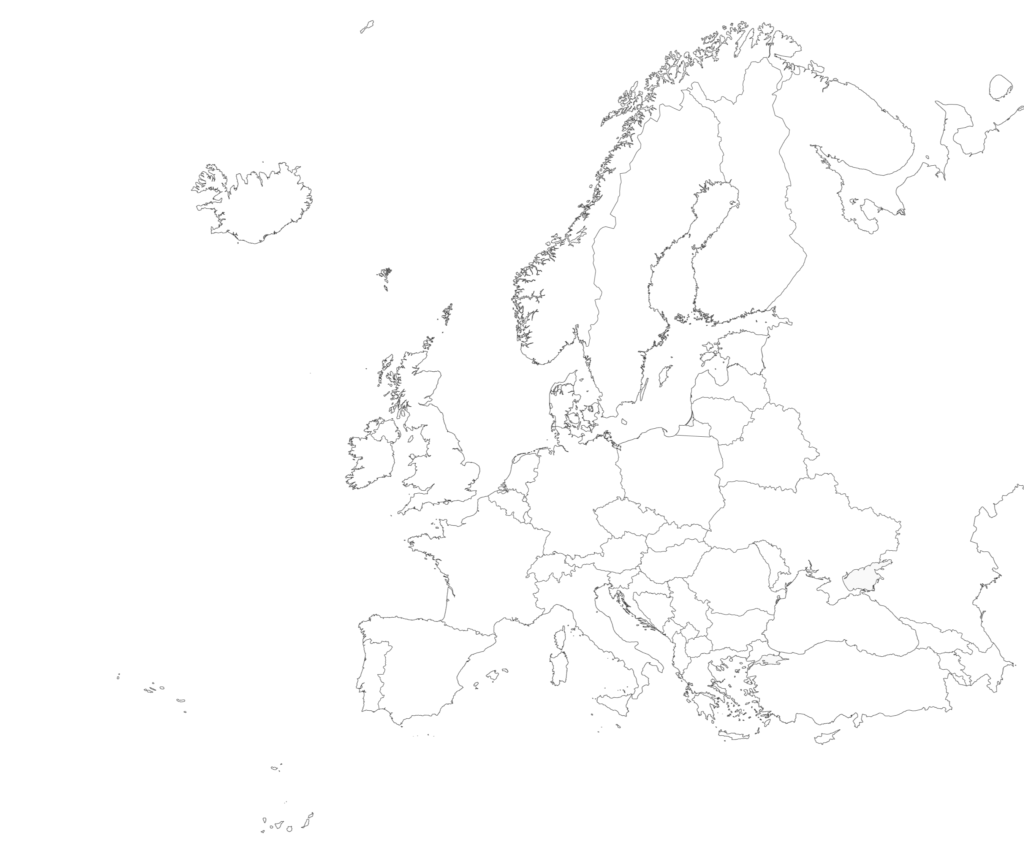
The Algarve, Portugal’s southernmost region, blends sun-kissed beaches, charming fishing villages, and a rich cultural heritage. Known for its dramatic coastline, golden cliffs, and turquoise waters, the Algarve has been a sought-after destination for centuries. The Romans and Moors have left their mark on the region, influencing its architecture, culture, and cuisine. Today, the Algarve is celebrated for its beautiful landscapes, historic towns like Lagos and Tavira, and its status as a top European tourist destination.
Algarve’s cuisine is a delightful mix of fresh seafood, Mediterranean flavors, and local specialties. Indulge in pratos típicos like cataplana de marisco (seafood stew cooked in a copper pot) and sardinhas assadas (grilled sardines), which are staples along the coast. Sample local delicacies such as pastéis de nata (custard tarts) and bolo do caco (bread with garlic butter). Pair your meals with regional wines, like the crisp white wines from the Algarve’s vineyards, or a refreshing glass of local ginja (cherry liqueur).
Beyond the well-trodden tourist paths, the Algarve offers surprising experiences. Discover the scenic beauty of the Costa Vicentina Natural Park, with its rugged cliffs, hidden coves, and diverse wildlife. Explore the village of Alte, known for its traditional architecture and river springs. Take a boat trip to the stunning sea caves of Benagil, where you can marvel at the natural rock formations and hidden beaches. For a taste of history, visit the ancient Moorish castle in Silves, offering panoramic views of the surrounding countryside.
Benagil Cave
Waves
Cataplana
Sand Dunes
Grelhado
The Algarve is a year-round destination, with each season offering its own appeal. Spring is ideal for enjoying mild weather, blooming wildflowers, and fewer crowds. Summer is the peak tourist season, with warm temperatures perfect for beach activities and water sports. Fall brings cooler temperatures and fewer tourists, making it a great time for exploring towns and enjoying local festivals. Winter offers mild weather and a quieter atmosphere, ideal for off-season relaxation and sightseeing.
The Algarve is easily accessible by air, car, and train. Faro Airport (FAO) is the main gateway, with flights from major European cities and connections to regional destinations. From Faro, you can reach various towns in the Algarve by train or bus. The region is well-connected by an extensive road network, making it convenient to explore by car. For those traveling from Lisbon or other major Portuguese cities, the Algarve can be reached by a scenic train ride or a direct bus.